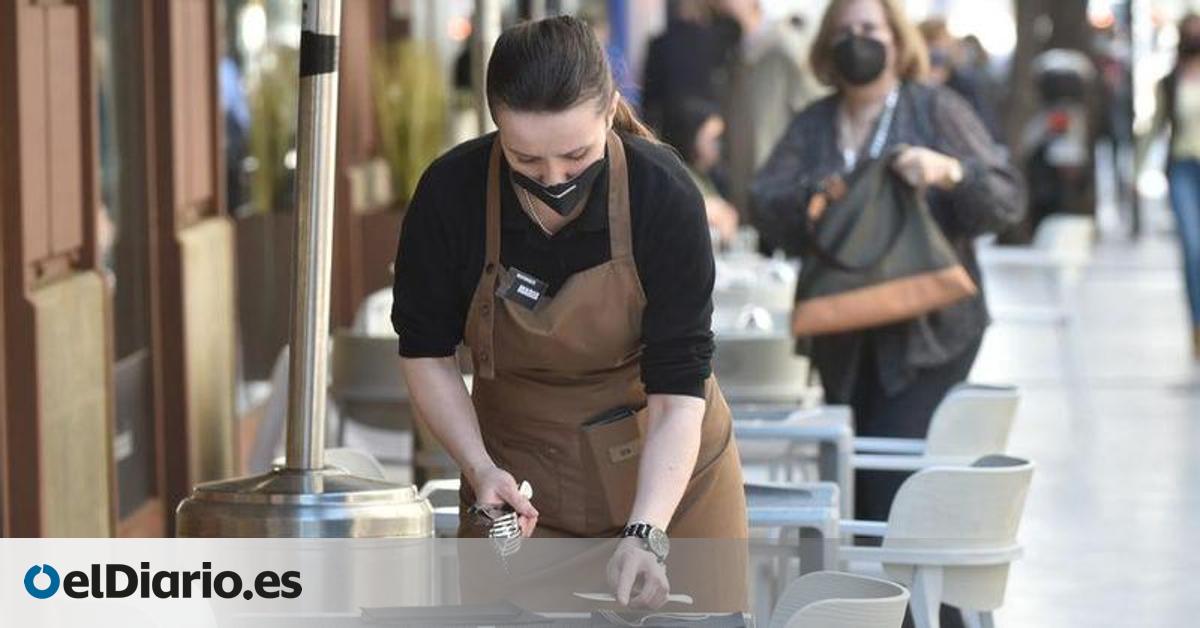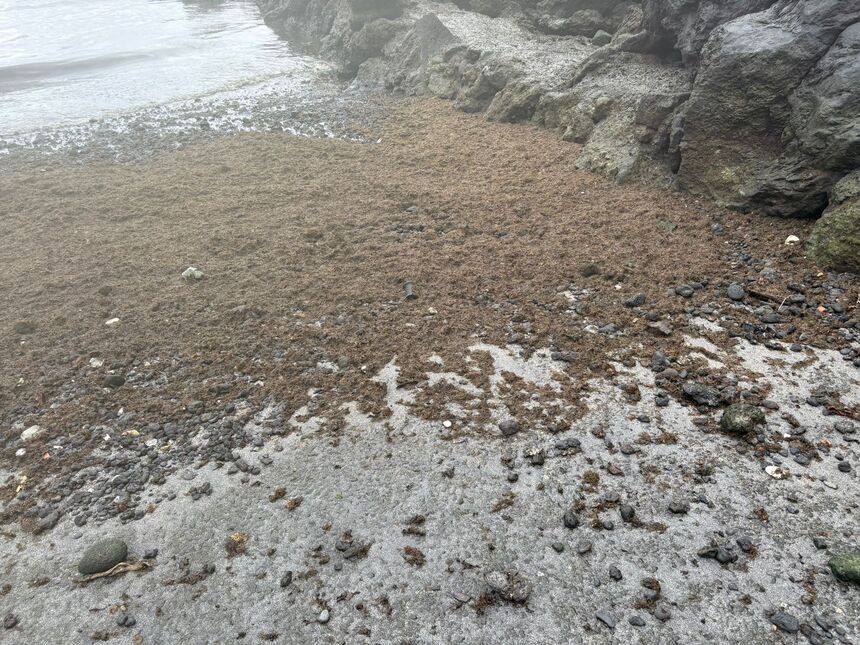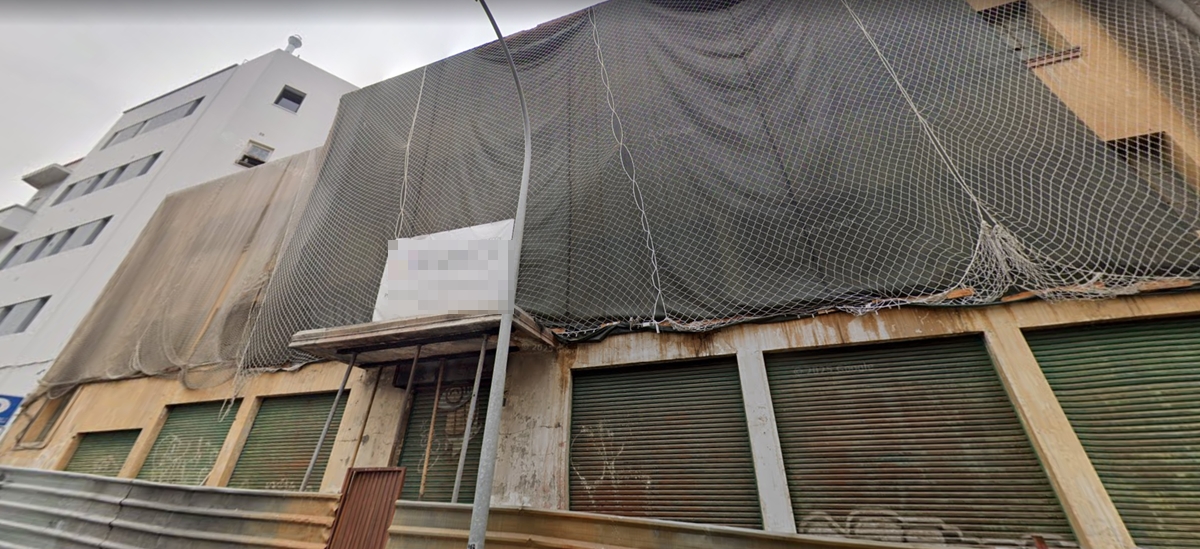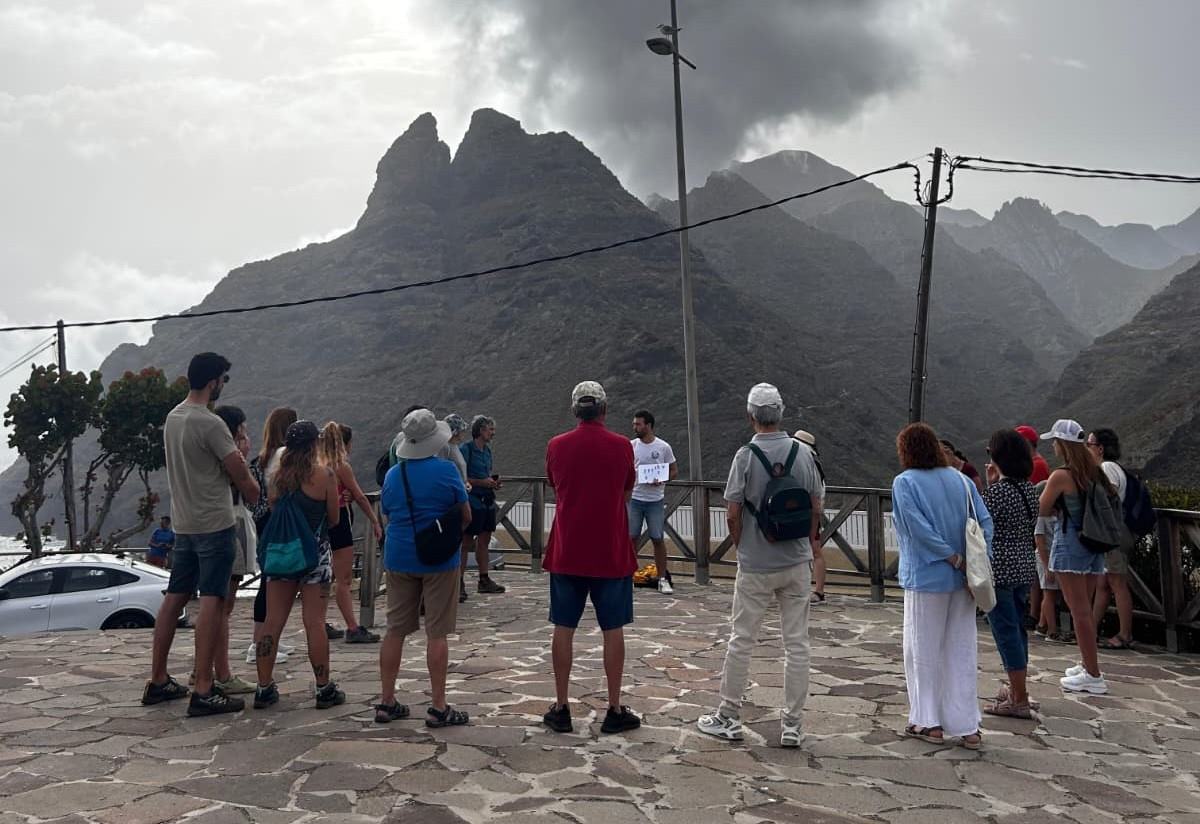Tenerife’s Cabildo President Calls for Local Investment
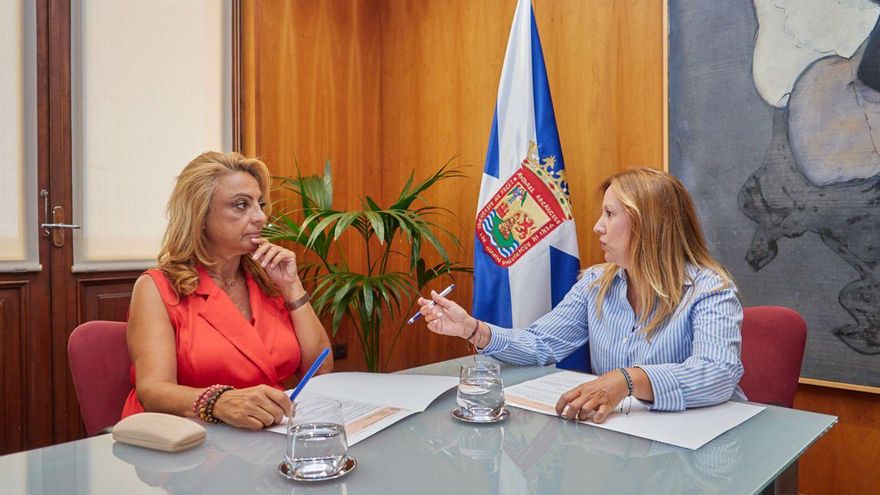
The President of the Cabildo of Tenerife, Rosa Dávila, is demanding that the money generated by Tenerife residents be spent on the island. She clarifies that, “We have already had to face an economic-financial plan this year and, if necessary for the surplus to revert into investments for the local people, we will do it again.” Together with Cristina Valido, a national deputy from Coalición Canaria, they are announcing a united front to urge the Government of Spain to “relax the fiscal spending rule.” Both participated in a working meeting at the Insular Palace to address strategic issues of interest, where they also agreed on the demand for the establishment of a management body for airports with island participation, along with requesting the State for tighter control of phytosanitary products at the island’s customs to prevent issues like the vine pest.
Criticism of Fiscal Spending Rules
Regarding the spending rule, Dávila and Valido criticise the state executive for preventing Canary administrations from using treasury surpluses “while debt is being forgiven for Catalonia.” The national deputy asserts that, “Once again, they intend to treat everyone the same, and we are not equal.” She highlights that “Canarias has complied and has a perfectly manageable debt, and financing does not resolve much for us.” Valido maintains that “what’s important for Canarias is to modify a spending rule that means institutions like the cabildos of Tenerife or La Palma, with all their needs, cannot use their surpluses.” The nationalist finds it “absurd that while they are writing off billions of euros in debt for other regions and agreeing on special financing, there is no response to the needs of a territory like Canarias, which is indeed unique.”
Concerns Over Airport Management
Rosa Dávila expresses her “concern” over “the situation affecting Aena.” She considers “it necessary to have a control body – already established in the Statute of Autonomy –” for “shared management of ports and airports.” The insular president explains that “we already have this in the ports, and now we need it in the Canarian airports.” In her view, “it is unreasonable that we hear about an increase in fees, which affects all Tenerife and Canarian residents, through the media.”
They agree to demand the Government of Spain for island participation in the airport management body
Cristina Valido, on her part, indicates that “it is very urgent for the Minister of Territorial Policy, Ángel Víctor Torres, to meet with the Government of Canarias” to “discuss the body in which Canarian administrations will participate, whose function will be the planning and management of our airports.” Both leaders from the nationalist camp agree on the poor image presented by Aena in Tenerife: “We can collaborate and help so that those passing through these airports do not leave with the negative impression we currently have.” They add that “it cannot be that we learn through the press that a gardening company goes bankrupt, its employees are left unemployed, and the gardens remain unattended.” Or “that there is a strike by the handling service, which also prejudices passengers visiting Tenerife.” Valido insists that “it cannot be that decisions are made without consulting us, such as increases in flight fees.”
Rosa Dávila asserts that “the cabildos want to be present in those management bodies to be developed,” and states that “Minister Torres is taking too long to promote them.”
Addressing the Vine Pest
Concerning the vineyard plague impacting Tenerife, the national deputy of CC states that “we will ask the State for the appearance of several ministers to discuss external health and controls at our ports regarding phytosanitary inspections,” as “these pests come from abroad.” Dávila assures that there is coordinated work with the sector from the outset by the Cabildo of Tenerife and the Government of Canarias to prevent the spread of the contagion.
Dávila and Valido urge for “greater customs phytosanitary controls to avoid problems like the vine plague”
Mobility and Rail Services
Rosa Dávila appreciates Cristina Valido’s efforts to ensure that the Mobility Law, which is set to be approved in Congress, includes a specific section for the financing of trains in Canarias. “We hope to sign a protocol next week stating that the Government of Spain will finance the railway systems in Tenerife and Gran Canaria,” she notes. Valido emphasises the need to “continue fighting” for next year “to once again have free public transport.” She warns that “it will not be easy as it has disappeared throughout the state,” but concludes, “we will fight for this difference and to maintain one of our most important mobility strategies: that people can move using free public transport. This is key.”
Subscribe to continue reading






